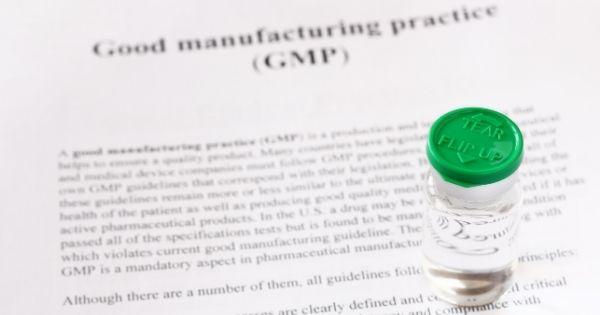
Good manufacturing practice or GMP is a system that ensures products are consistently produced and controlled according to quality standards. The importance of GMP in pharmaceutical manufacturing is to minimize the risks involved in any pharmaceutical process, such as custom radiolabeling, that can put consumers at risk if the proper quality control isn’t in place.
How Does GMP Work?
GMP is a form of quality control enforced by The Food and Drug Administration (FDA) in many industries to ensure the production of safe products. Regulations are designed to minimize the main risks associated with manufacturing in various industries. Such risks may include unexpected contamination of products, incorrect labels on containers, and insufficient or too much of an active ingredient. Each of these risks may compromise the health and safety of the consumers who purchase the products.
GMP also covers all aspects of production, from the starting materials, location, and equipment to the training and personal hygiene of staff.
Some of the best ways to enforce quality control and GMP are through using raw materials of proven quality, setting up strong operating procedures, identifying how quality deviations can be tested for products, and maintaining consistent testing environments. These plans can be successful in curbing incidents of deviations, mix-ups, failures, contamination, and other errors.
Why GMP Must Be Followed
Overlooking the importance of GMP in pharmaceutical manufacturing is a big mistake. First and foremost, not following GMP can result in serious health risks if the manufactured product is put in the hands of consumers. Consumers cannot tell on their own if a product is unsafe for them. Therefore, proper GMP guidelines must be followed so consumers can trust the products they use.
An unsafe product that reaches the market can result in costly lawsuits, lost licensure, and damaged reputations.
If you do not follow GMP, you also put your products at risk of being recalled. Product recalls waste your business’ time, money, and resources. Unfortunately, a product recall on one batch of products usually means all your products are tarnished if you’ve been following the same non-GMP compliant producers.
